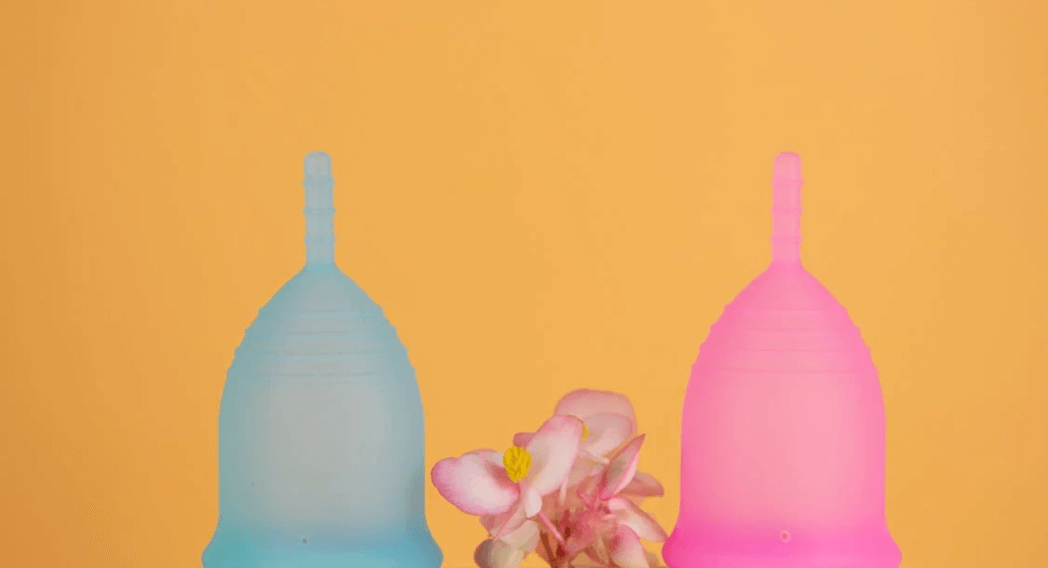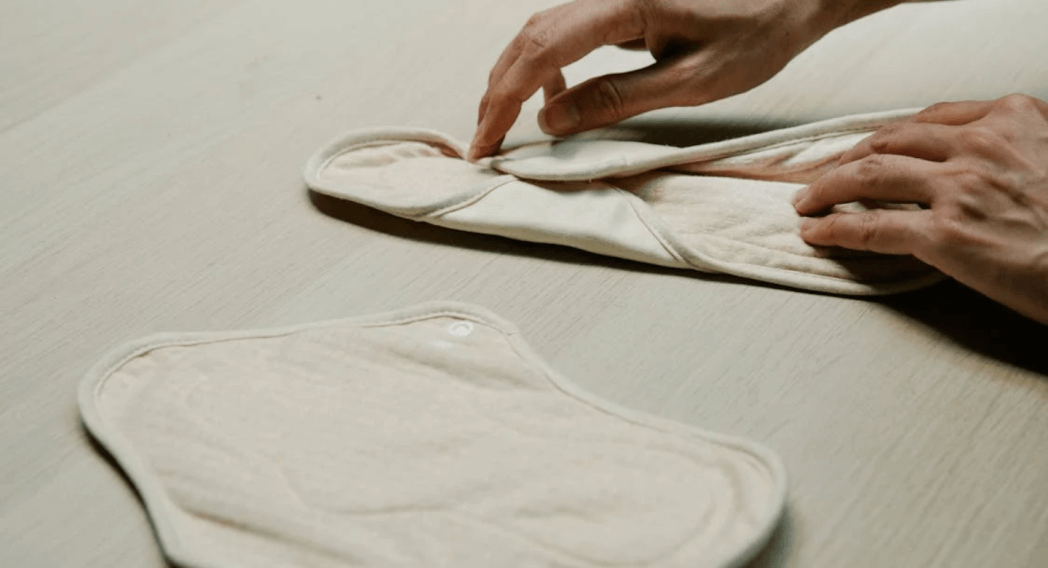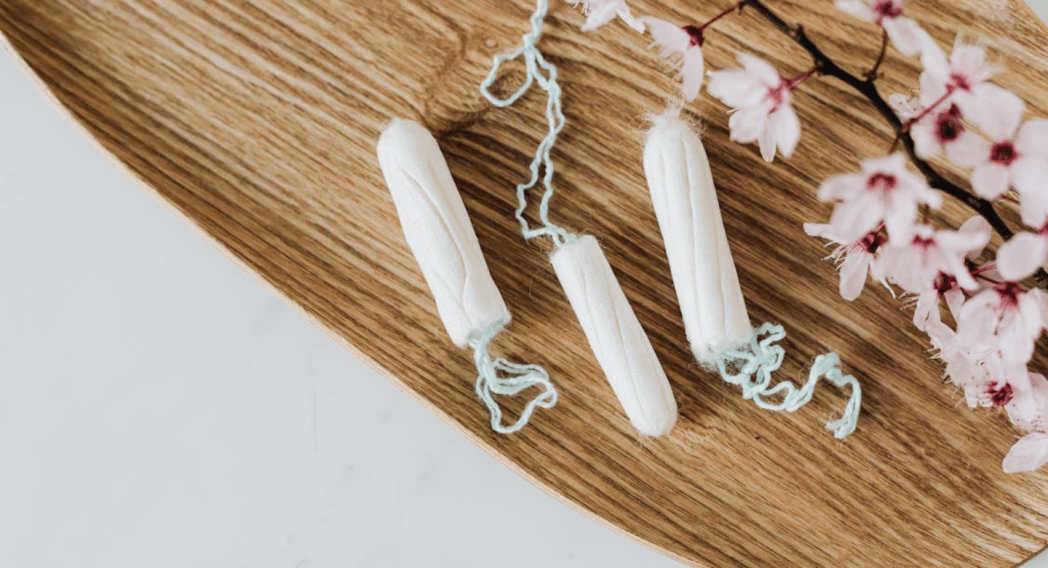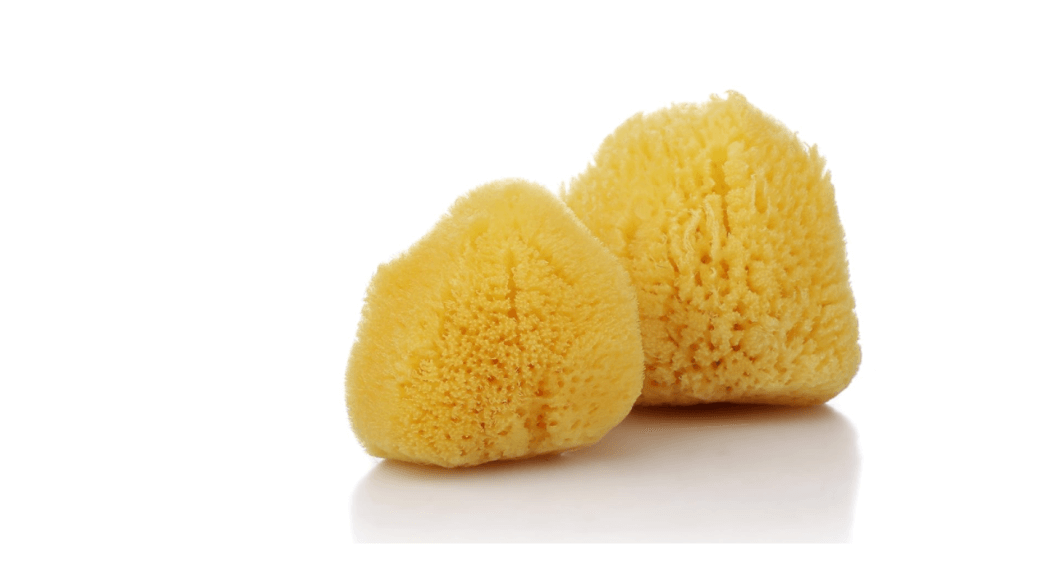7 Sustainable Menstrual Products You Should Try
Discover 7 sustainable menstrual products that offer eco-friendly alternatives to conventional options. Learn how to reduce waste and choose healthier, greener menstrual products.
Table of Contents
ToggleTraditional menstrual products, like pads and tampons, often contribute significantly to plastic waste and landfill buildup, impacting both the environment and human health. With millions of these products being disposed of each year, the need for eco-friendly alternatives is becoming increasingly urgent. Thankfully, sustainable menstrual products are offering greener, healthier choices for managing your period without harming the planet. In this article, we’ll explore seven sustainable menstrual products that can help you reduce waste, make healthier choices, and support a more sustainable lifestyle.
7 Sustainable Menstrual Products
Menstrual Cups

A menstrual cup is a flexible, medical-grade silicone or rubber cup designed to be inserted into the vagina to collect menstrual fluid.
Why it’s sustainable: Menstrual cups are reusable for up to 10 years, significantly reducing the amount of waste generated by disposable menstrual products.
Pros:
- They are cost effective
- Long-lasting
- Free from harmful chemicals
- A healthier and eco-friendly option.
Considerations: There may be a learning curve when it comes to insertion and removal, so it may take some time to get used to using it properly.
Reusable Cloth Pads

Reusable cloth pads are washable pads made from organic cotton, bamboo, or other eco-friendly fabrics, designed to be worn during menstruation.
Why it’s sustainable: By replacing hundreds of disposable pads over time, reusable cloth pads can drastically reduce waste.
Pros:
- These pads are comfortable
- Breathable
- Chemical-free
- Gentle on the skin.
Considerations: They require washing after each use, which can be a bit more time-consuming than using disposable options. However, they are still much more sustainable in the long run.
Period Underwear
Period underwear is absorbent, leak-proof underwear designed to replace or supplement other menstrual products like pads and tampons.
Why it’s sustainable: These underwear are washable and reusable, eliminating the need for disposable products and reducing waste.
Pros:
- Comfortable
- Discreet
- Easy to use
- It provides a convenient alternative that fits seamlessly into your daily routine.
Considerations: The initial cost of high-quality period underwear can be higher than disposable options, and they require regular washing to maintain their effectiveness.
Organic Cotton Tampons

Organic cotton tampons are made from 100% organic cotton, often featuring biodegradable applicators to minimize environmental impact.
Why it’s sustainable: These tampons are free from harmful chemicals, pesticides, and plastic, and some are even compostable, making them a greener choice.
Pros:
- They offer a similar experience to regular tampons but without the added chemicals
- A healthier option compared to regular tampons
- Eco-friendly option.
Considerations: While still a single-use product, organic cotton tampons are much less harmful to the environment compared to conventional tampons.
Biodegradable Pads
Biodegradable pads are made from organic, biodegradable materials like bamboo, organic cotton, or hemp, offering a more eco-friendly alternative to conventional disposable pads.
Why it’s sustainable: These pads break down naturally in the environment, reducing the buildup of waste in landfills compared to regular plastic-based pads.
Pros:
- Biodegradable pads provide an easy switch from conventional pads
- Offering similar comfort
- Convenience without the environmental impact.
Considerations: Although they are an improvement over standard disposable pads, biodegradable pads are still single-use products, so they are not entirely waste-free.
Menstrual Discs (Reusable)
Menstrual discs are flexible, flat discs that are inserted at the vaginal base to collect menstrual fluid. Reusable versions can last for years.
Why it’s sustainable: Reusable menstrual discs reduce waste since they can be cleaned and reused, making them a more eco-friendly option compared to single-use products.
Pros:
- Menstrual discs are suitable for mess-free period sex
- Can hold more fluid than menstrual cups
- Providing a longer-lasting solution.
Considerations: There may be a learning curve when inserting and removing the disc, which can be tricky at first. However, once mastered, they offer a comfortable, sustainable option.
Sea Sponge Tampons

Sea sponge tampons are natural sea sponges used as absorbent menstrual products. These sponges are harvested from the ocean and can be used as a more sustainable alternative to traditional tampons.
Why it’s sustainable: Sea sponge tampons are 100% natural, biodegradable, and reusable, reducing waste and eliminating the need for synthetic materials and chemicals often found in conventional tampons.
Pros:
- Soft
- Moldable
- Chemical-free
- Offer a comfortable and eco-friendly option that naturally adapts to the body.
Considerations: Proper cleaning is essential to avoid bacteria buildup. Additionally, the sourcing of sea sponges can impact marine ecosystems, so it’s important to ensure that the sponges are sustainably harvested.
Comparison Table of Sustainable Menstrual Products
| Product | Sustainability | Ease of Use | Lifespan |
| Menstrual Cups | Highly sustainable | Moderate (may require a learning curve) | Up to 10 years |
| Reusable Cloth Pads | Very sustainable (washable, reusable) | Moderate (requires washing after each use) | Years with proper care |
| Period Underwear | Sustainable (washable, reusable) | Easy (like regular underwear) | 2–5 years |
| Organic Cotton Tampons | Sustainable (chemical-free, biodegradable) | Easy (similar to regular tampons) | Single-use |
| Biodegradable Pads | Sustainable (biodegradable materials) | Easy (similar to conventional pads) | Single-use |
| Menstrual Discs | Sustainable (reusable) | Moderate (may require learning curve) | Years with proper care |
| Sea Sponge Tampons | Sustainable (natural, biodegradable, reusable) | Moderate (requires cleaning after use) | 6 months to 1 year |
Conclusion
Making the switch to sustainable menstrual products is a powerful way to reduce your environmental impact while also prioritizing your health. By choosing eco-friendly alternatives like menstrual cups, reusable cloth pads, or organic cotton tampons, you can help minimize waste, cut down on harmful chemicals, and contribute to a healthier planet. Each product offers its own unique benefits, so we encourage you to explore different options and find the one that best suits your needs and lifestyle.
Your period can be both comfortable and kind to the planet—make the switch today!
References
Sustainable Menstruation | Sustainability | CSUSM. (n.d.).
Monaghan, M. (2024, June 4). Top 7 sustainable period products to know about | CleanHub. Cleanhub.
Tan, S. (2021, August 17). Eco-Friendly options for menstrual products. WebMD.
Frequently Asked Questions(FAQs) on 7 Sustainable Menstrual Products You Should Try
Why should I switch to sustainable menstrual products?
Conventional pads and tampons contain plastic and chemicals that contribute to environmental pollution. Sustainable menstrual products reduce waste, are often chemical-free, and are more cost-effective in the long run.
Are menstrual cups safe to use?
Yes, menstrual cups made from medical-grade silicone or rubber are safe when used and cleaned properly. They are free from harmful chemicals and can last up to 10 years.
How do I clean reusable menstrual products like cups and cloth pads?
Menstrual cups should be sterilized by boiling between cycles. Cloth pads and period underwear can be washed with cold water and mild detergent and then air-dried.
Is period underwear absorbent enough for heavy flow?
Yes, many brands offer high-absorbency period underwear designed for heavy flows. They can be worn alone or as backup protection with other products.
How long do reusable menstrual products last?
Menstrual cups and discs: 5–10 years
Cloth pads and period underwear: 2–5 years (depending on care)
Sea sponges: 6 months to 1 year
Are organic cotton tampons and biodegradable pads completely plastic-free?
Many organic cotton tampons and biodegradable pads are plastic-free, but it’s important to check the packaging for certifications and product details.
What is the difference between a menstrual cup and a menstrual disc?
Menstrual cups sit in the vaginal canal and create a seal, while menstrual discs sit at the vaginal fornix and can hold more fluid. Discs are also suitable for mess-free period sex.
Can I use sustainable products if I have sensitive skin or allergies?
Yes! Products like organic cotton tampons, cloth pads, and menstrual cups are hypoallergenic and free from fragrances, dyes, and harmful chemicals, making them ideal for sensitive skin.
How do I choose the best sustainable menstrual product for me?
Consider your flow level, comfort, lifestyle, and maintenance preferences. Trying a few options, like a menstrual cup or period underwear, can help you decide what works best.
Are sustainable menstrual products expensive?
While the initial cost of reusable products like cups or period underwear may be higher, they save money over time by eliminating the need for monthly purchases of disposable products





[…] to biodegradable sanitary products is one of the best ways to reduce waste in the mountains. Traditional sanitary products, like pads […]
[…] Read More About: 7 Sustainable Menstrual Products You Should Try […]